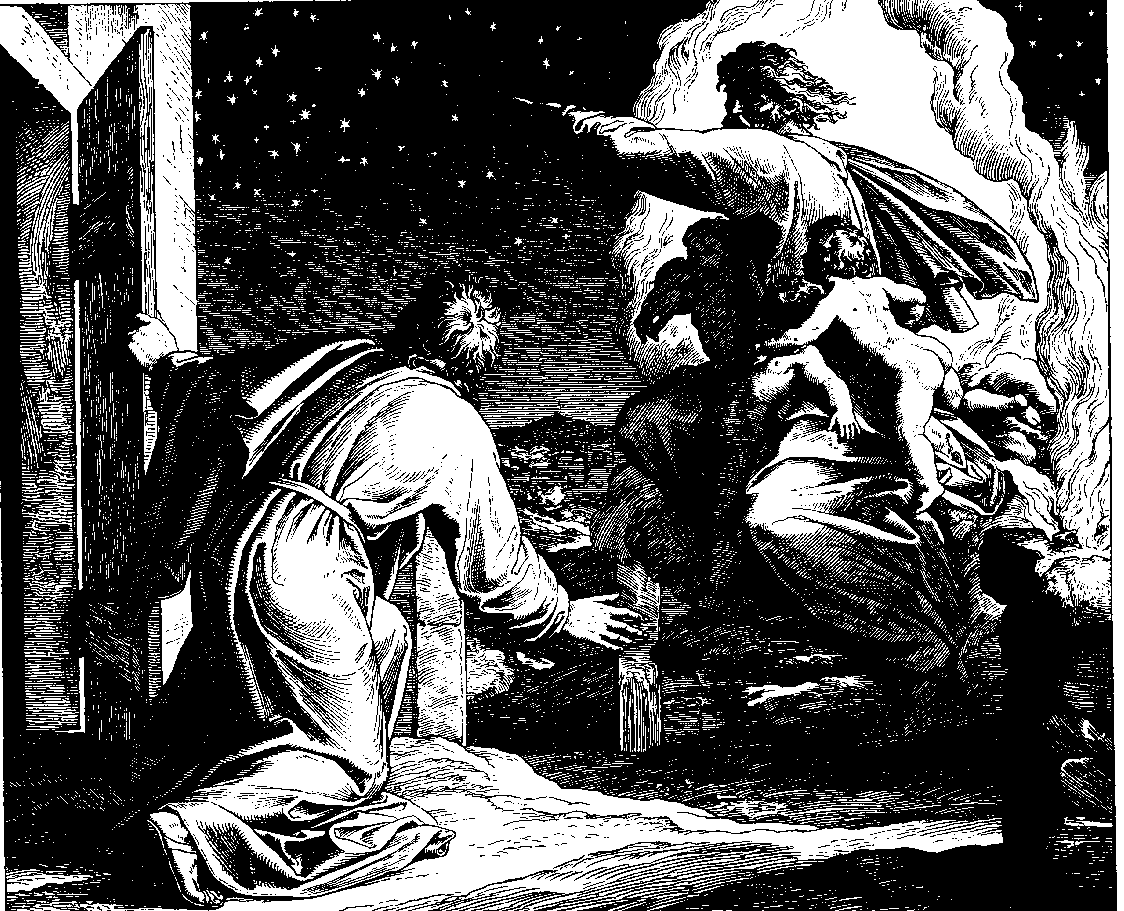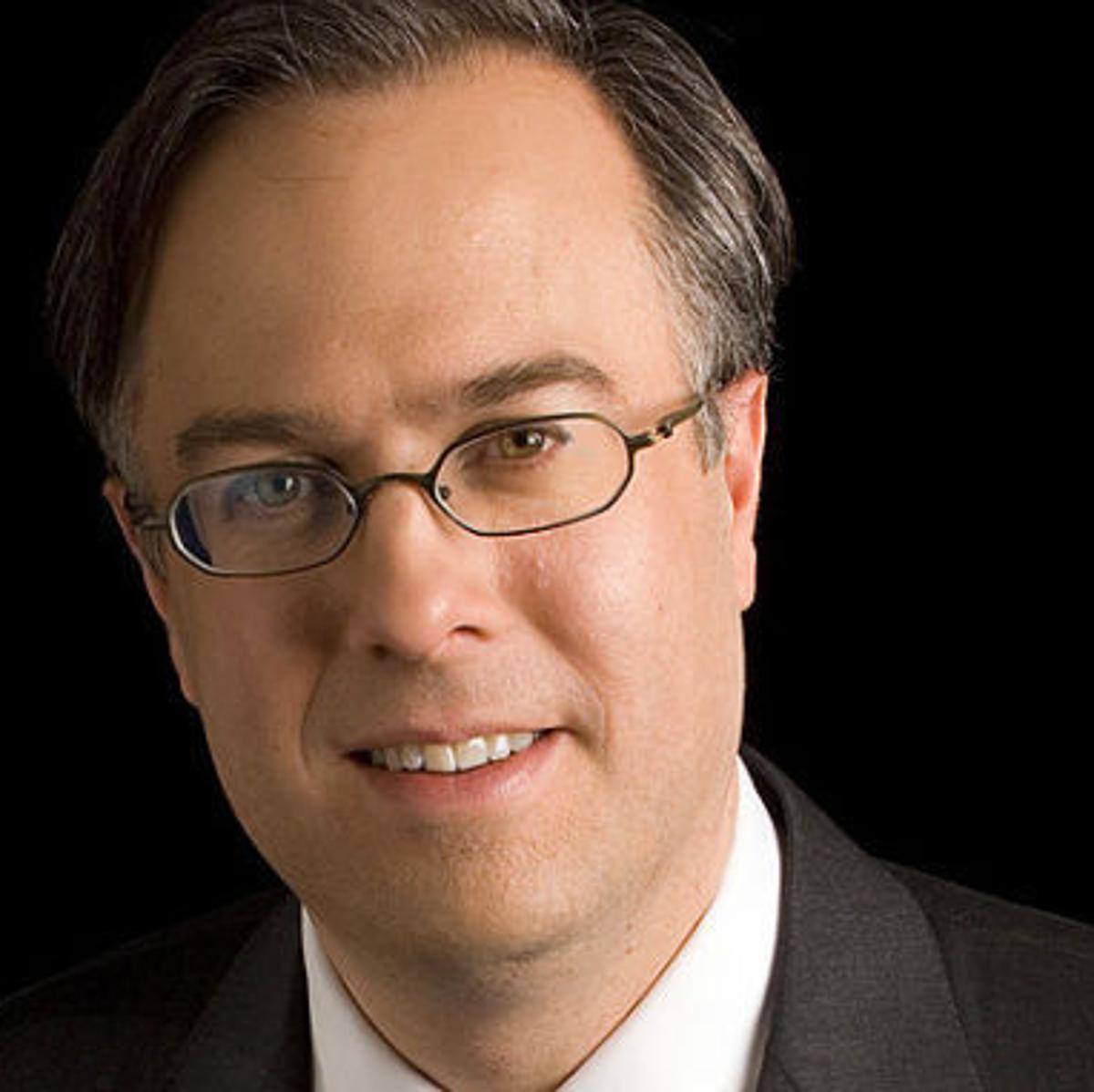This past Wednesday at the Cathedral, as I had finished the early bible study I lead and Flo Ray was preparing for the late morning bible study she leads, I asked Flo if she had any nuggets of wisdom to share about the Prodigal Son. Flo chuckled and acknowledged that it is difficult to find a fresh word on a story so commonly known and often told. Indeed, Flo is correct. There is perhaps no other of Jesus’ stories that so deeply pervades our consciousness. Consider a small sampling of the films over the years that draw inspiration from, if not direct correlation to, the Prodigal Son: Cat on a Hot Tin Roof, Legends of the Fall, The Notebook, even The Lion King. What more can be said?

The Return of the Prodigal Son, by Rembrandt
The parable is customarily titled the “Parable of the Prodigal Son,” but as several biblical scholars have pointed out, it would be more accurately titled the “Parable of Two Sons.” The story itself does not privilege the character of one son over the other; it is as much about the elder son as it is the younger.
Here is a fresh way we might approach this ancient story: Tim Keller argues that the two sons in Jesus parable represent extreme examples of the two basic ways people seek happiness and fulfillment in life, both then and now: the way of self-discovery and the way of moral conformity.[i] Each of these paths can be life-giving to be sure, and yet in the parable, we see that each path also has its dark side.
The younger son follows the path of self-discovery, chafing against the lifestyle of his father, his family, perhaps his culture. He wants to pursue his own identity, his own sense of self, his own self-actualization. He breaks free and leaves, and though the results in his case are extreme, some lesser variant of him is not uncommon to us. In our own day, the wing-spreading and experimentation that at first feel like freedom can ultimately become just a different kind of captivity. At the end of the road of self-discovery, we can end up, like the younger son, alienated from what we’d known and loved and dependent upon things (sometimes controlled substances) and people that are not good for us.
The elder son follows the path of moral conformity. He seeks happiness and fulfillment by putting a premium on carrying out life’s duties (even the smallest and most incidental), upholding astronomically high standards, and—though he may not be conscious of it—insisting that others maintain his standards as well. It is a form of control that he desires, of himself, his world, and, he hopes, his father. As a result, the elder son becomes, as we can do, frustrated and angry when the world around refuses to conform. Like the elder son, we can become resentful when the world fails to commend or reward us appropriately for our rectitude in playing by the rules. In extreme cases, that resentment can lead one to find a secret release valve of non-conformist behavior, which if it comes to light may be potentially more destructive than the younger son’s wide-open rebellion.
It is clear, from the beginning to the end of this parable, that the father loves his sons, and his love is true. Why is it that they seek their fulfillment apart from him, either by rebellion or control? What is it about his love that from which they seek a barrier?
_____________
The most remarkable person I’ve ever known, the one to whom I look up the most, was not an elected leader, a celebrity, a titan of business, or a priest of the church. Her name is not etched on any wall, or included in any book, and in a generation those who remember her at all will be gone. But she was, in my life, the closest thing I’ve known to Christ Incarnate. She is, for me, very often the only lens through which the stories of scripture finally take on flesh and become compelling in my own life. She is my maternal grandmother, Beulah Barkley, whose last name I wear as my first name, and who was known to me only and always as “Boo.”
When I was a child, Boo granted me sophistication of understanding that I did not deserve. When I was a teenager, for my safety she broached uncomfortable subjects with me that no grandmother would enjoy discussing with her pubescent, hormonal grandson. When I was in college she wrote me letters in pencil, offering deeply wise counsel and guidance.

Boo, wearing the green shirt, teaching me some important lesson.
Whenever I describe Boo, I fear that the description comes across as syrupy and Pollyanna-ish. Boo was neither of those things. Boo was also not naïve. She knew full well who I was, and how I could and did fail, and wherein I needed to drop to my knees and ask for God’s forgiveness. And yet, she also looked upon me with her eyes of love and saw the “me” God’s goodness intended. She believed I could, with God’s grace, be that person, and she saw me as if I already was.
That is the way God gazes upon us, and it is not an easy thing to be seen in that way. Sometimes one wants to rebel against that vision, to test whether in can be clouded and the love behind it proven untrue. Other times one wants to control that kind of love, to manipulate it in order to be master of one’s own life. Sometimes that love is simply too much; knowing ourselves as we do, we cannot fathom that we are so loved, and therefore we cannot bear it.
In the novel A World Lost, Wendell Berry imagines a time at the end of time when all those who have lived and died emerge in the light of that gaze. Berry says:
“I imagine the dead waking, dazed, into a shadowless light in which they know themselves altogether for the first time. It is a light that is merciless until they can accept its mercy; by it they are at once condemned and redeemed. It it Hell until it is Heaven. Seeing themselves in that light, if they are willing, they see how far they have failed the only justice of loving one another; it punishes them by their own judgment. And yet, in suffering that light’s awful clarity, in seeing themselves within it, they see its forgiveness and its beauty, and are consoled. In it they are loved completely, even as they have been, and so are changed into what they could not have been but what, if they could have imagined it, they would have wished to be.”[ii]
My grandmother Boo loved me completely. She saw me through eyes of grace, and somehow because she could see me as God hoped I would be, I wanted—and I still want seventeen years after her death—to be the person of her vision. Her love for me was prodigal, which means, after all, extravagant. And even now when I recklessly stray, it is Boo’s love—which is, in truth, God’s love—that brings me to myself like the Prodigal Son and orients me toward home.
Boo’s love, which I am forever grateful to have encountered, is but a flicker compared to that shadowless light of love God has for us. It requires vulnerability to be gazed upon with that kind of love. It requires giving up the option of running away. It requires relinquishing control. It requires a willingness to see ourselves as we are and exhale, knowing that we are loved even so, and then wanting to be the people of God’s greater vision. And when we allow that gaze to wash over us, and we accept that love, the possibility of becoming the people of God’s greater vision becomes real.
God’s love is prior to repentance, prior to doing any duty. It is a love that has its eye always oriented toward the path looking for the younger son, that longingly expects our return and is ever-ready to embrace us. It is the love that says, as to the elder son, “You are always with me, and all that I have is yours,” without condition, without exception, and without earning. God’s love, it turns out, is the most prodigal of all.
_____________________________
[i] Keller, Timothy. The Prodigal God, 29.
[ii] Berry, Wendell. A World Lost, 104.




